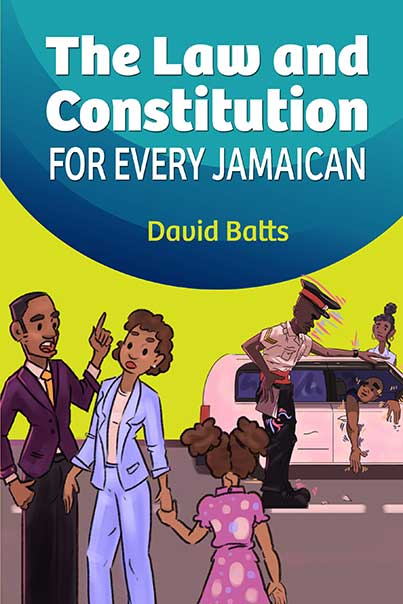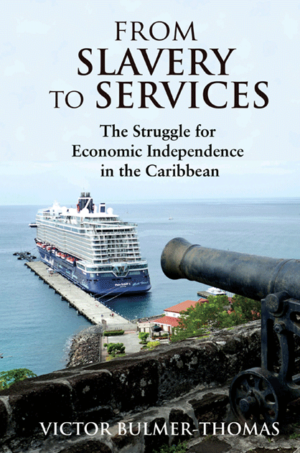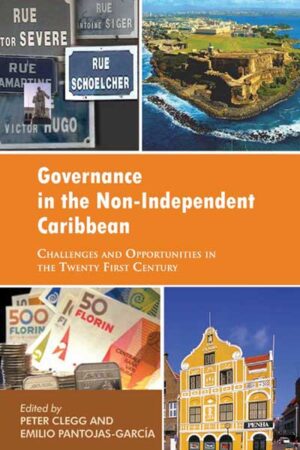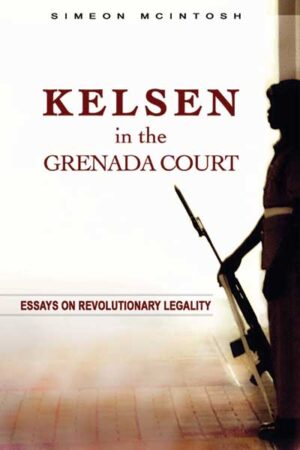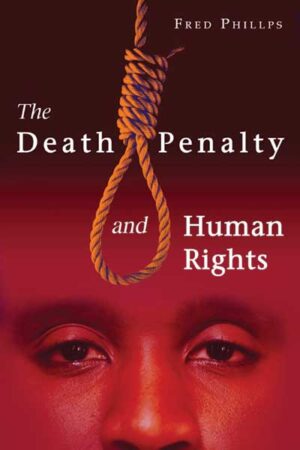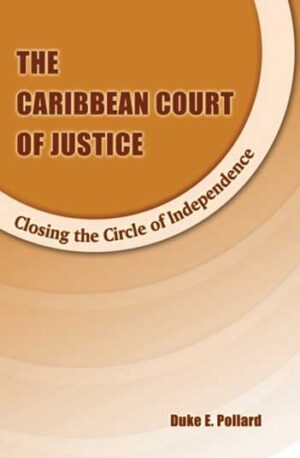Description
Well known amongst colleagues as a zealous advocate for the constitutional right to freedoms of thought and expression, David Batts extends his reach with this simplification of the Jamaican Constitution, law, and legal system for all Jamaicans to better understand it. The Law and Constitution for Every Jamaican provides simple information on how the law works. The book commences with a definition of law and the legal systems of the world. It explains the Jamaican legal system – its genesis, how it operates – and how the judicial system functions. Ideal for the Civics, Social Studies, and Law student at any level, this work covers other institutions of governance. From the Jamaica Constabulary Force to the operations of the National Land Agency, the Transport Authority and the Island Traffic Authority; the Rent Board and Firearm Licensing Authority (to name a few), readers will benefit from details and explanations as well as examples showing the law in action.
About Author
The Honourable Mr Justice David Batts is a proud graduate of Kingston College, The University of the West Indies and the Norman Manley Law School. He developed a passion for justice and for the involvement of the ordinary Jamaican in the process. He has always been actively involved in community organizations, human rights groups, professional associations, and legal education. His elevation to the Bench in 2012 followed 26 years’ practice at the prestigious law firm Livingston, Alexander and Levy where he was a litigation partner who achieved the rank of Queen’s Counsel.
Contents
Foreword
- Introduction
- The Law and Legal Systems of the World
Definition of Law
Legal Systems of the World
The Common Law Legal System
The Civil (or Continental) Legal System
The Socialist Legal System
The Religious Legal System
Conclusion
- How Jamaica Received Its Legal System
The Taínos
The Spanish
The English
Reception Rules
The Maroons
English Constitutional Law
Parliamentary Supremacy
The Rule of Law
Conventions
Judicial Independence
- Constitutional Development and the Road to Independence
The Early Years, 1655–1664
The Period Sugar Was King, 1664–1834
Emancipation and beyond 1834–1865
Crown Colony Government (1866–1944)
Universal Adult Suffrage, and the Road to Independence (1944–1962)
Independence (1962–the present)
Conclusion
- Sources of Jamaican Law
The Constitution
- Legislation
- Case Law (and Equity)
- Custom
- International Law/Conventions
- Conclusion
- The Constitution of Jamaica
- Chapter I (Sections 1 and 2) – Preliminary
- Chapter II (Sections 3–12) – Citizenship
- Chapter III (Sections 13–20) – Fundamental Rights and Freedoms
- Chapter IV (sections 27–33) – The Governor-General
- Chapter V (sections 34–67) – Parliament
- Chapter VI (sections 68–96) – Executive Powers
- Chapter VII (sections 97–113) – The Judiciary
- Chapter VIII (sections 114–122) – Finance
- Chapter IX (sections 123–134) – The Public Service
- Chapter X (sections 135–138) – Miscellaneous
- Conclusion
- The Trial Process
Courts of Criminal Law
- Courts of Civil Law
- Rules of Evidence
- Evidence in Chief, Cross-Examination, and Re-examination
- Expert or Forensic Evidence
- Public Right to Attend Court
- Result of Trial
- Contempt of Court
- Alternative Methods of Dispute Resolution
- Conclusion
- Other Institutions of Governance
Trade Unions
The Jamaica Constabulary Force
The General Legal Council and The Legal Education Authority
Corporations and Unincorporated Associations
Registrar of Companies
Registrar of Births and Deaths
Registrar of Titles
Office of the Ombudsman and Public Defender
Political Ombudsman
Contractor General/Integrity Commission and the Committee for the Prevention of Corruption
Independent Commission of Investigations
Consumer Affairs Commission
Firearm Licensing Authority
Rent Board
Transport Authority and the Island Traffic Authority
The Adoption Board
Children’s Advocate
Office of Utilities Regulation (OUR)
Electoral Commission
Jamaica Defence Force
The Government Trustee and The Supervisor of Insolvency
- Rights and the Rule of Law in Jamaican Society
The Origin of Rights
- Law in Jamaica Today
- Function of Law in Society
- Role of the Attorney-at-law
- Rule of Law
- Conclusion
- International Law, Law Enforcement, and The Caribbean Court of Justice
The Making of International Law
The Sources of International Law
International Law and Human Rights
The Caribbean Court of Justice (CCJ)
Conclusion
- The Law in Action – Questions Jamaicans Ask
- Crime, Democracy, and the Way Forward
- Reasons for the Culture of Violence
- Prescription for Change
- Constitutional Change?
Notes
Works Cited
Acknowledgements
Reviews
Brilliantly conceived and executed, and written in an easily accessible style. This should definitely be compulsory reading for all high school students and persons being employed in courts’ offices and departments of government should also be given a copy as part of their recruitment package. More generally, it will be an important first reference point for all citizens who have an interest in what governs and regulates us as a nation.
-C. Dennis Morrison, OJ CD, QC
Mr Justice Batts’ guide on the main elements of Jamaican law is authoritative, stimulating, devoid of unnecessary jargon, and above all, deeply protective of the rights of the individual in Jamaica’s challenging social environment. The Law and Constitution for Every Jamaican is a compelling book that should be of interest to lawyers and laypersons alike.
-Professor Stephen Vasciannie, CD


